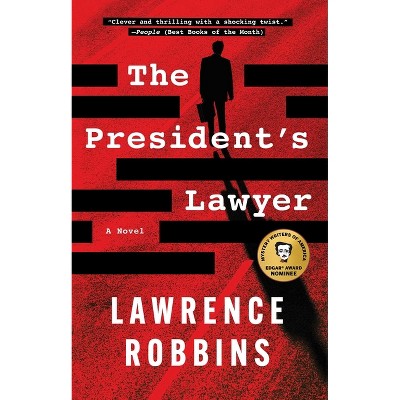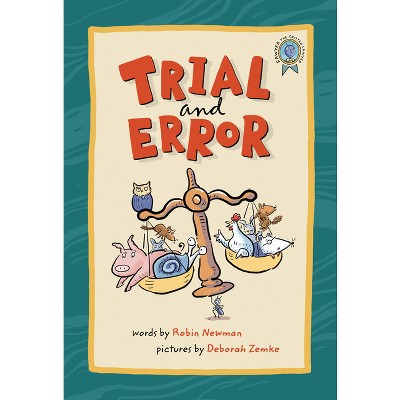Sponsored

Lawyer, Jailer, Ally, Foe - by Eric L Muller (Hardcover)
In Stock
Sponsored
About this item
Highlights
- It is 1942, and World War II is raging.
- Author(s): Eric L Muller
- 304 Pages
- History, United States
Description
About the Book
"In the Japanese American relocation camps of World War II, internees could, on any given day, be both clients and victims of their assigned War Relocation Authority lawyers. The morally ambiguous remit of these attorneys was wide and often contradictory, including overseeing the day-to-day administration of the camps, settling internal disputes between inmates, managing conflict between detainees and their government captors, and providing legal representation for prisoners outside of the camps. In re-creating the daily lives of these WRA attorneys, Eric L. Muller, a leading expert on Japanese American relocation and internment during World War II, seeks to capture historical subjects as three-dimensional, flawed human beings"--Book Synopsis
It is 1942, and World War II is raging. In the months since Pearl Harbor, the US has plunged into the war overseas--and on the home front, it has locked up tens of thousands of innocent Japanese Americans in concentration camps, tearing them from their homes on the West Coast with the ostensible goal of neutralizing a supposed internal threat.
At each of these camps the government places a white lawyer with contradictory instructions: provide legal counsel to the prisoners, and keep the place running. Within that job description are a vast array of tasks, and an enormous amount of discretion they can use for good or for ill. They fight to protect the property the prisoners were forced to leave behind; they help the prisoners with their wills and taxes; and they interrogate them about their loyalties, sometimes driving them to tears. Most of these lawyers think of themselves as trying to do good in a bad system, and yet each ends up harming the prisoners more than helping them, complicit in a system that strips people of their freedoms and sometimes endangers their lives.
In Lawyer, Jailer, Ally, Foe, Eric L. Muller brings to vivid life the stories of three of these men, illuminating a shameful episode of American history through imaginative narrative deeply grounded in archival evidence. As we look through the lawyers' sometimes-clear and sometimes-clouded eyes, what emerges is a powerful look at the day-by-day, brick-by-brick perpetration of racial injustice--not just by the system itself, but by the men struggling to do good within it.
Review Quotes
"[A] brilliant book . . . . a masterpiece . . . . an important yet understudied topic."--Art Hansen, Nichi Bei News
"[A] lucid and insightful historical narrative . . . . Recommended."--CHOICE
"Carefully researched and deeply imagined, Lawyer, Jailer, Ally, Foe is an important addition to the literature of moral witness and the history of the Japanese American incarceration. With a keen eye for detail and a natural feel for the texture of everyday life, Eric Muller effortlessly brings history to life on every page." --Julie Otsuka, author of The Swimmers and The Buddha in the Attic
"In a powerful yet easily read narrative, Muller documents with precision the tension these lawyers experienced attempting to do good while working in a fundamentally unjust system. Based on meticulous research . . . . a thought-provoking study of the role of the legal profession in society and the power of individual responsibility, even with its imperfections."--American Bar Association
"Muller's unconventional narrative provides a template for historians who endeavor to implement the writing practice of critical fabulation. Muller's work expands the understanding of Japanese American internment and is vital for Asian American, western, and legal historians."--Journal of Arizona History
"The book is beautifully written and consistently fascinating, and an example of his remarkable research . . . . in the vein of Robert Cover's Justice Accused."--Gabriel J Chin, American Journal of Legal History
"Vivid. . . . For readers interested in human rights, concentration camps, or the legal history of this period, this is an important work."--Library Journal
Shipping details
Return details
Trending Non-Fiction











